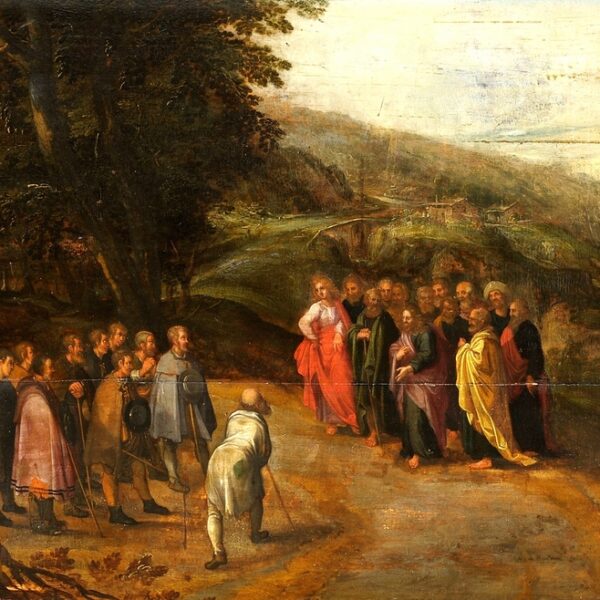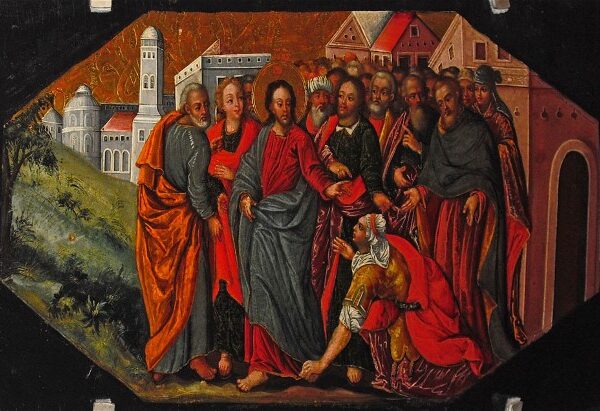Healing as a key to repentance

“The weapons are there . . . will they be used?”
September 4, 2014
Healing: an essential part of the gospel
September 16, 2014Imagine what must have gone through Namaan’s mind, captain of the Aramean army and a leper, when he was told by a little slave girl that there was Someone who could cure his miserable disease (see 2 Kings 5). Leprosy not only was a terrible physical affliction, but it meant that one must become a social outcast and live away from society for fear of spreading the deadly disease. What a light of hope must have shone into the doom and despair of his heart!
When Namaan dipped himself seven times in the Jordan River, according to the prophet Elisha’s instruction, scripture says that his skin was “like that of a little child” (v. 14). Don’t you love that God not only heals, but the life He brings to what was in decay makes it better than its original state!
After he is healed, Namaan testifies that the God of Israel is the one true God (v. 15). In his gratitude Namaan tries to give Elisha a gift. Elisha refuses it, saying he can not take credit for what God has done. Namaan then asks one humble request of the prophet: for ground to take back with him to his country on which to build an altar to God. “For,” Namaan asserts, “I will no longer serve any other god.”
After experiencing God’s physical healing, notice that Namaan had a complete change of heart as well. What had happened was so dramatic, this demonstration of God’s power in his own body, that Namaan could no longer go back to his old way of life. (I can picture the little slave girl’s face when she was informed that from then on, her God would be the one lifted up in their household. Scripture doesn’t tell us what happened to her after that, but I can imagine the impact on her way of life after she was used by God for such purposes was revolutionary).
Healing is a key to opening the hearts and minds of unbelievers to the gospel. When someone has seen the power of God manifested in their physical bodies, there is often an open platform for witnessing. Healing is singular in that it is a gift that no one else can give. A doctor can diagnose and often treat symptoms, but in the case of chronic illness, people live with their root problems continually. Other times, sicknesses such as cancer and AIDS leave even the medical world impotent for a solution.
There are Namaans today. It is no longer just the newsletters that arrive from India and Africa that testify that a native stopped worshiping her idols because they did not heal her of her HIV, but intervention by a Christian friend brought about God’s powerful release from the disease. There are Namaans who have come to our weekly prayer service who once said that “all roads lead to God” and now they testify without hesitation that, “Jesus Christ healed me of my cancer.”
The Apostle Paul said that he did not rely on his own persuasive words of wisdom to win people to Christ. Instead, Paul said the gospel came in “demonstration of the Holy Spirit and power” (1 Cor. 2:4, emphasis added). If Paul needed this obvious demonstration of the Holy Spirit and His power, don’t we? As we urge people to evangelize and bring the gospel to their schools and workplaces, let us not neglect to equip them with the tools that give them an open door. As visitors come to our own churches, may altar calls for physical healing be the norm. Healing is one of the keys that can unlock a door of the heart.






1 Comment
[…] my last blog we discussed healing as a key to repentance, and examined specifically the revolutionary heart […]